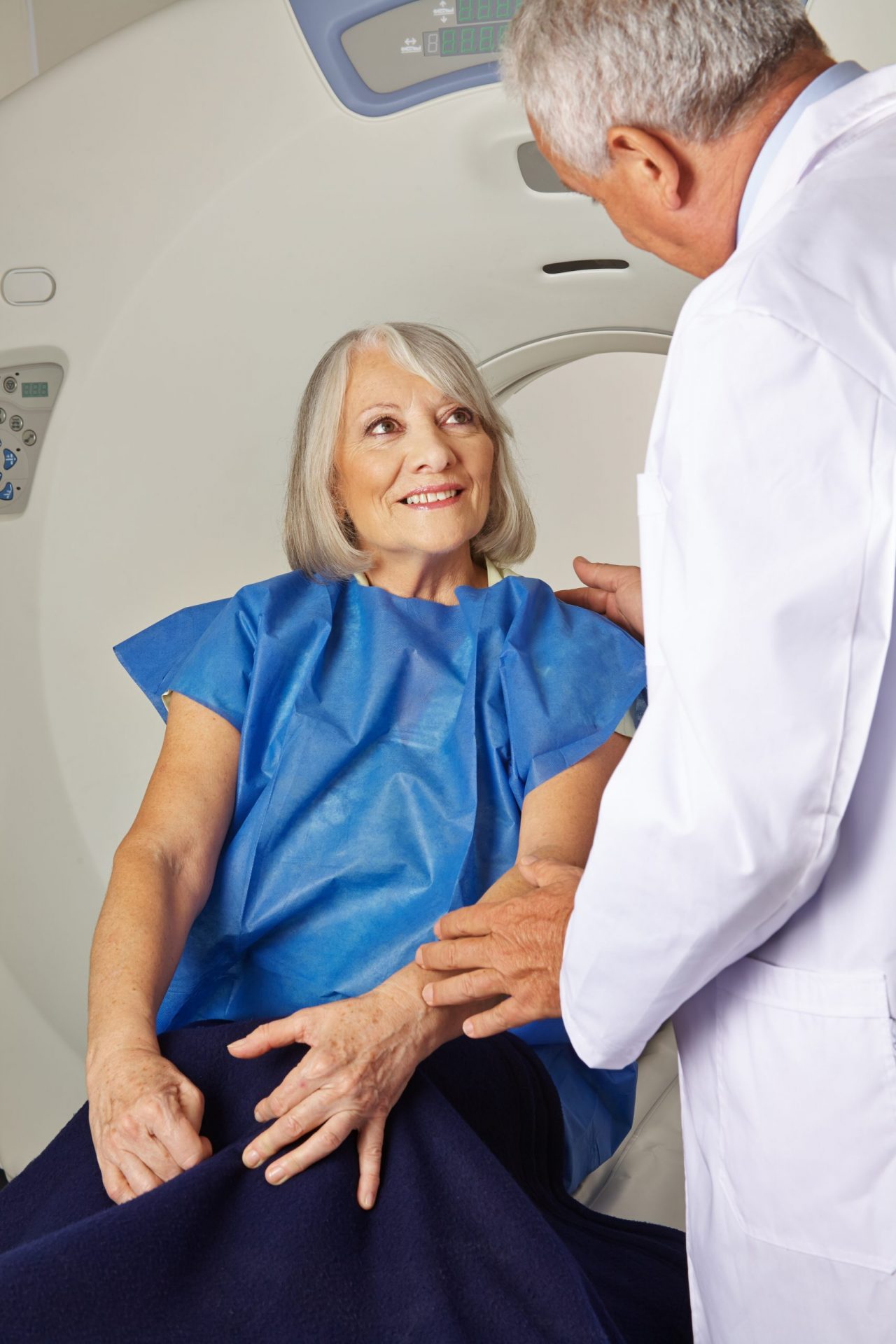
News in Brief, February 2020
February 28, 2020
Now Enrolling: EA2185 to Compare the Clinical Impact of Pancreatic Cyst Surveillance Programs
February 28, 2020Social Media and Clinical Trials


By Michael A.Thompson, MD, PhD, FASCO
@mtmdphdSocial media, first introduced in the late 1990s, is here, and it is not going away. Today, we intuitively understand the importance of social media - even those of us who avoid it or dislike it. Consider, for example, that two presidents used social media to help get themselves elected.
At its core, social media, like other media, is a communication tool - and communication is at the center of what oncology professionals do. We communicate with patients, colleagues, and the public. Social media is different from traditional media in some key ways, however. It is faster, permanent, interactive, and searchable. Often, it amplifies messages beyond the initial "broadcast" audience.
There are countless social media platforms, such as Twitter, Facebook, blogs, YouTube, and more, but the lines between them are increasingly blurred; the channels we know today have evolved and will continue to evolve. More important than the specific platforms is what they enable: content, curation, and connectivity. Social media offers rapid incoming and outgoing forms of communication. Use cases include: 1) increasing the signal-to-noise ratio (such as with hashtag use), 2) education networks, 3) crowdsourcing/crowdfunding, 4) collaboration, and 5) promotion.
in the context of ECOG-ACRIN Cancer Research Group (EA), it is important to think about utilizing social media to promote NCI and EA-initiated clinical trials and publications. Doing so will help our organization accrue patients to studies, share information about available clinical trials, and disseminate findings published form our completed studies. Social media can support research activities in other significant ways, including:
- Helping to identify and overcome clinical trial barriers
- Creating structure and order to conversation through hashtags
- Connecting with and educating patients (particularly those in difficult-to-reach communities)
- Keeping up-to-date on government, pharmaceutical, and other cooperative group activities
- Crowdsourcing ideas for new trials or trials in development
At ASCO's Annual Meeting several years ago, EA Community Cancer Committee Chair Matthias Weiss, MD, PhD (@mweissthedacare on Twitter) and colleagues presented their work investigating strategies to overcome barriers to accrual to NCI-sponsored clinical trials. They concluded one approach was to educate patients and providers about new trials using social media. This could complement offline efforts such as presenting trials at national meetings and adding educational materials to protocols. Subsequent research has also recommended these strategies, leading to the conclusion that an educated and engaged -- via both social media and in person -- public is necessary to sustain a national clinical trials infrastructure and continue advancing cancer research.
Dr.Thompson (Aurora NCORP) is the Chair of ECOG-ACRIN's NCORP Community Advisory Committee and the Community Co-Chair of its Cancer Control and Survivorship Committee.![ECOG-ACRIN logo[19516]275×75](https://blog-ecog-acrin.org/wp-content/uploads/2021/03/ECOG-ACRIN-logo19516275x75.png)
